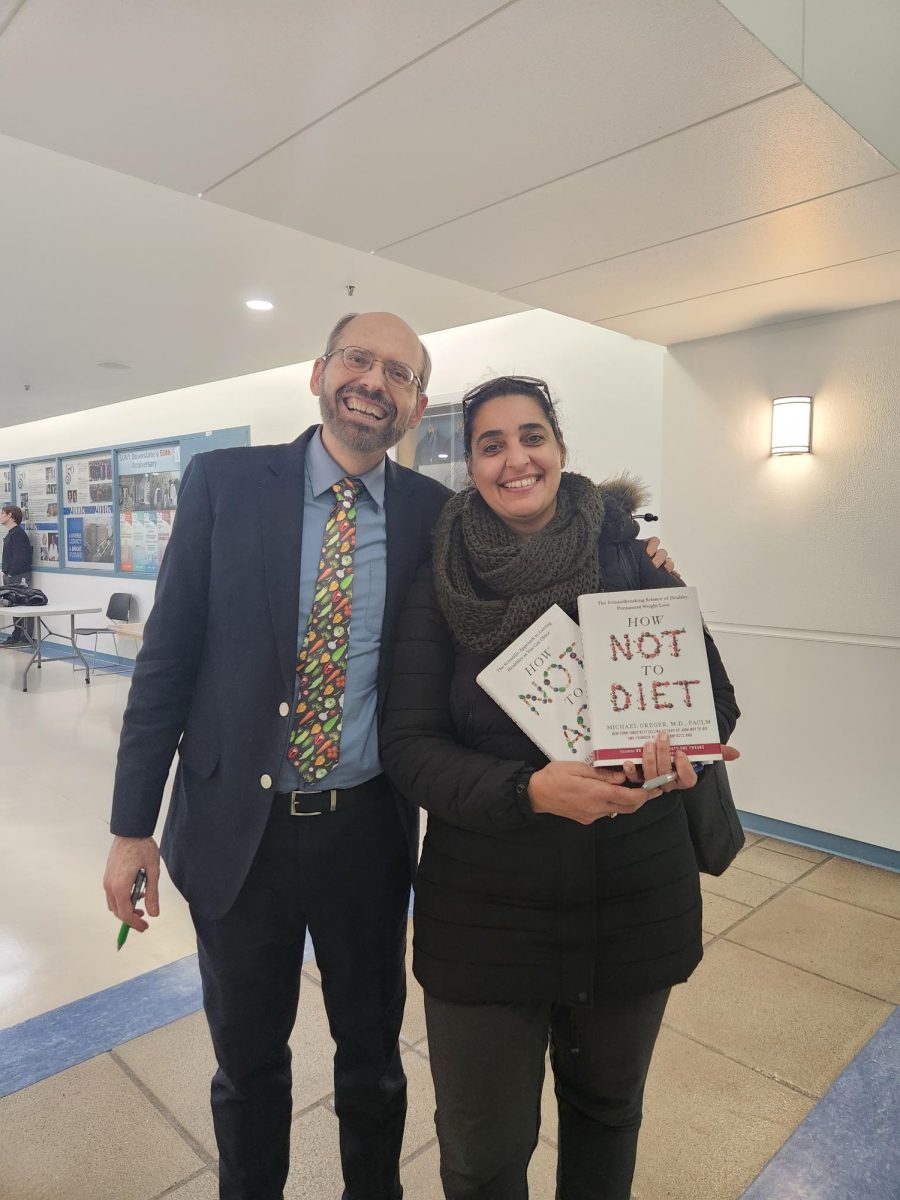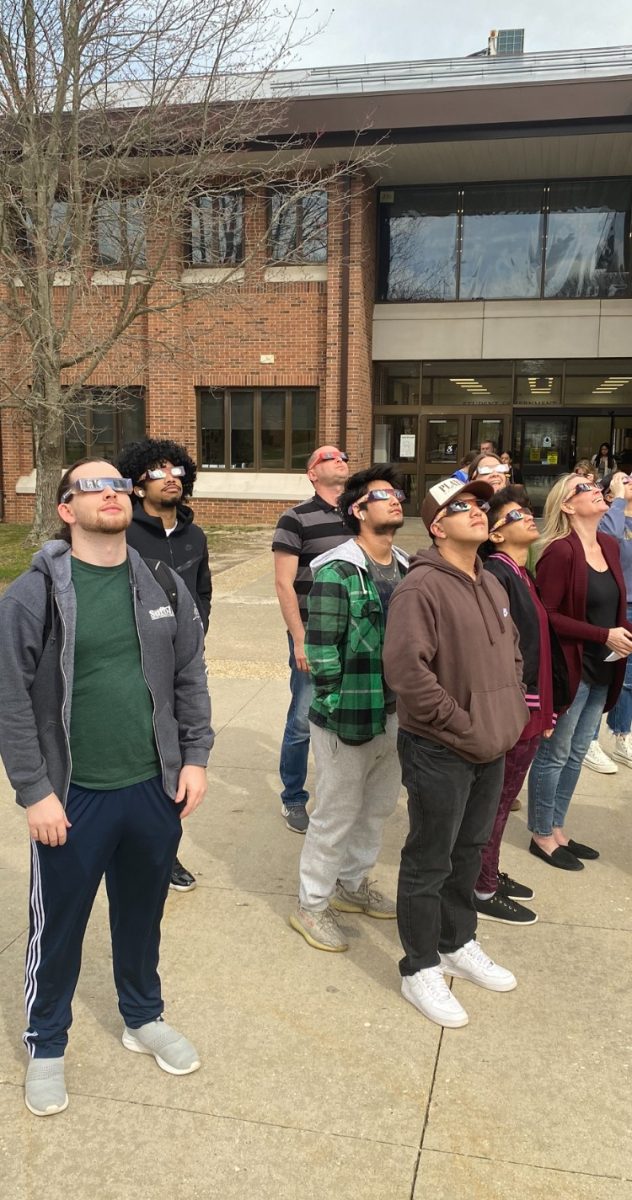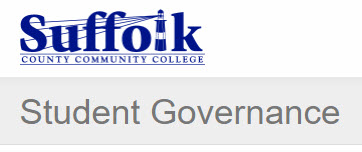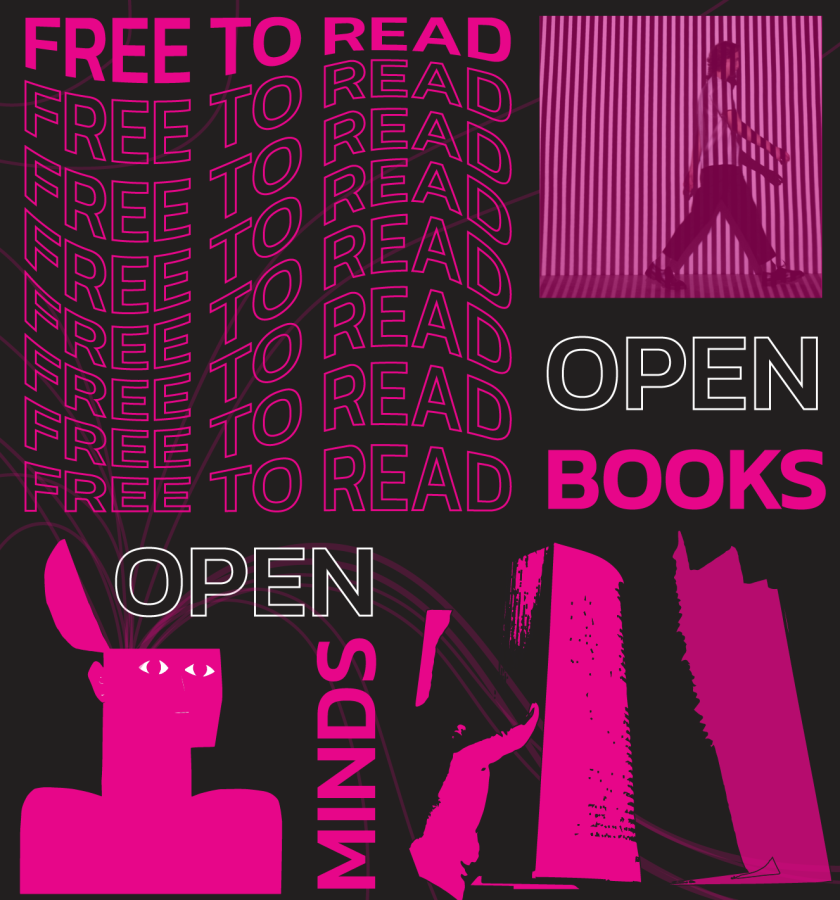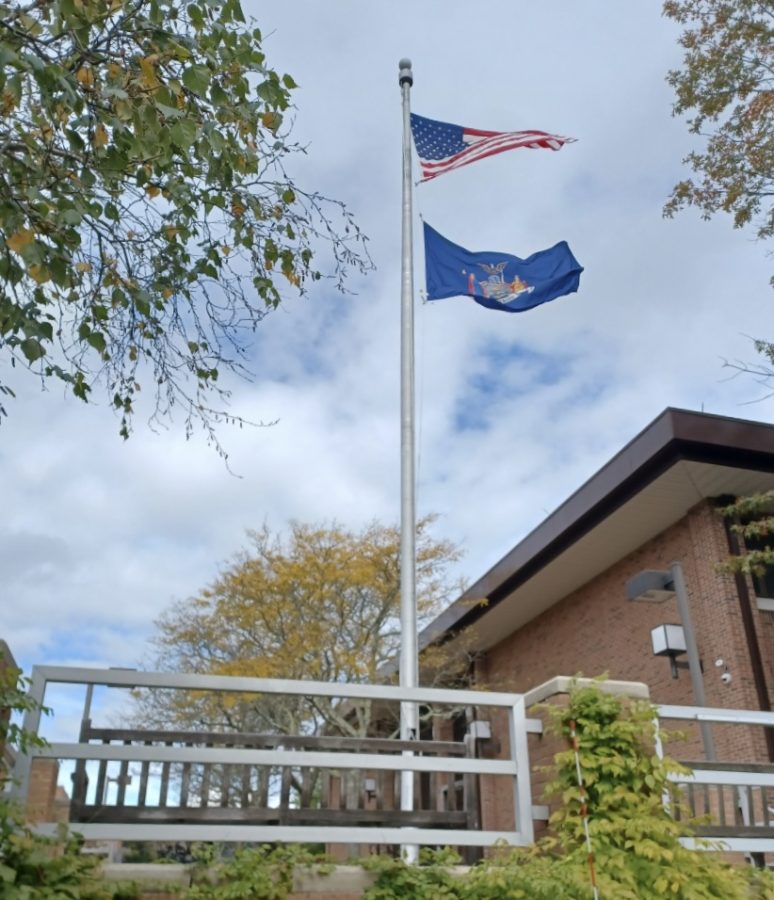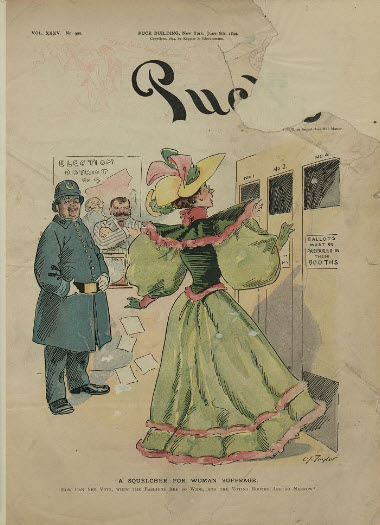Financial Aid Fun!
March 8, 2022
I’m not sure how to restart this column about financial aid. When we last met, it was spring 2020, and no one could have imagined what we have lived through over the past two years. I wondered how long it would take to get back to normal and if I could continue with my quest to demystify financial aid. I’m excited that the Lighthouse News has allowed me the chance to continue.
Before moving to another new, exciting topic about financial aid, let’s review a bit since it’s been so long. FAFSA and NYS Payment applications must be completed every year. After completing the FAFSA, you will be directed to complete the NYS payment application. The 22-23 FAFSA and NYS Payment applications are now open, and you will need 2020 financial information to complete the process. You can visit HESC.NY.GOV for details about NYS aid that may be available to students who might not otherwise be eligible. Part-time students may also be eligible and can access the Aid for Part Time Study application on the financial aid tab on the college’s homepage under ‘printable forms.’ The Office of Financial Aid offers FAFSA Workshops on Zoom for those who would like help to complete the FAFSA application. Again, visit the financial aid page on the college’s homepage for more details.
When a FAFSA is completed, a number is generated called the EFC or the Expected Family Contribution. This is not the amount of financial aid you are getting or how much you will need to pay. It’s simply an index number used to determine grant and loan eligibility. As the EFC goes up, the amount of grant aid goes down. Put another way, if the EFC is 0, the student can expect to receive the maximum amount of federal grant aid, which does not need to be repaid. If the EFC goes beyond 5846, the student would be loan-eligible only. Loans are still financial aid.
Independent students (those over 24 years of age or independent for other reasons) are often confused about the term Expected Family Contribution. Why is my family considered when I am not reporting their income? Independent students are the family, even as a single person.
Sometimes, the EFC does not accurately reflect the family’s real ability to help pay for college. Remember, the FAFSA requires financial information that is two years old, and as we all know, a lot can happen in two years. If you feel that your EFC is not right based on your family’s financial picture today, please visit a financial aid professional. We can make adjustments with supporting documentation from you to better focus your EFC for your current needs.
If you have any questions about your EFC or anything related to financial aid, please visit me in the Peconic Building or send me an email at [email protected].


